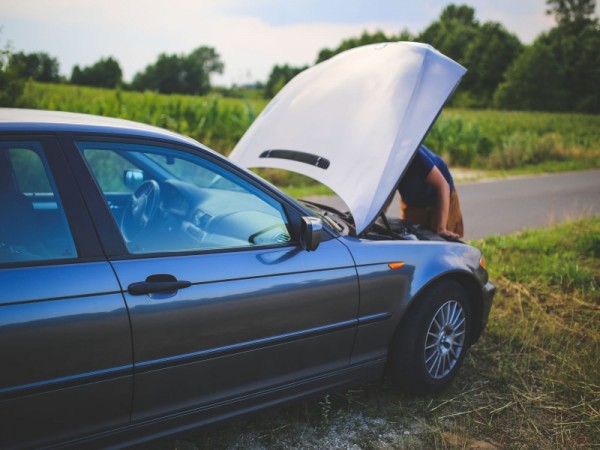
Imagine you're cruising down the road, enjoying the breeze and the open road ahead, when suddenly, your car's temperature gauge starts to climb into the red zone. Your heart might skip a beat as you realize that your car is overheating. Don't panic; it's a common issue that many drivers face. In this article, we'll guide you through the essential steps to take if your car overheats. From diagnosing the problem to preventing it from happening again, we've got you covered.
Understanding Car Overheating
Car engines generate a significant amount of heat during operation. Overheating occurs when the engine's temperature exceeds the normal range due to various factors. It's crucial to understand the steps to take when faced with this situation to avoid further damage to your vehicle.
Immediate Actions to Take
Safely Pull Over
The moment you notice the temperature gauge rising, find a safe place to pull over. This can help prevent severe damage to the engine and ensure your safety on the road.
Turn Off the Engine
Once you've pulled over, turn off the engine immediately. Allowing it to cool down can prevent any additional heat-related issues.
Allow the Engine to Cool
Be patient and let the engine cool down before attempting any further actions. Pop the hood to expedite the cooling process.
Check Coolant Levels
Low coolant levels are a common cause of overheating. Check the coolant reservoir and top up if necessary. Always use the recommended coolant mixture for your car.
Check for Leaks
Inspect the engine bay for any coolant leaks. Leaks can significantly affect the cooling system's efficiency and lead to overheating.
Call for Assistance
If you're unsure about your car's condition or unable to resolve the issue on your own, don't hesitate to call for roadside assistance or a mechanic.
Common Causes of Overheating
Several factors can contribute to car overheating, including a malfunctioning thermostat, radiator issues, or a broken water pump. Understanding these causes can help you prevent future occurrences.
Preventing Overheating
Importance of Regular Maintenance
Routine maintenance, such as regular coolant checks and servicing, can go a long way in preventing overheating issues.
The Role of the Cooling System
The cooling system, comprising the radiator, water pump, and thermostat, plays a critical role in regulating your engine's temperature. Keeping these components in good condition is essential.
Signs of a Failing Cooling System
Watch out for signs like coolant leaks, unusual odors, or fluctuating temperature gauges. These could indicate a cooling system problem that needs attention.
When to Visit a Mechanic
If your car consistently overheats or exhibits cooling system issues, it's time to consult a professional mechanic. Ignoring the problem can lead to more extensive and expensive repairs.
Dealing with an overheating car can be nerve-wracking, but by following these steps and understanding the underlying causes, you can minimize the damage and get back on the road with confidence. Remember, proper maintenance and swift action are your best allies in keeping your vehicle's engine cool and running smoothly.
Rivian raises production manual for its new enhanced EV for 2023
Lexus Introduces 2024 RX 450h+: Unveiling a Luxurious Plug-In Hybrid SUV
Ducati Unveils Diavel V4 in India, Enlists Ranveer Singh as Brand Ambassado